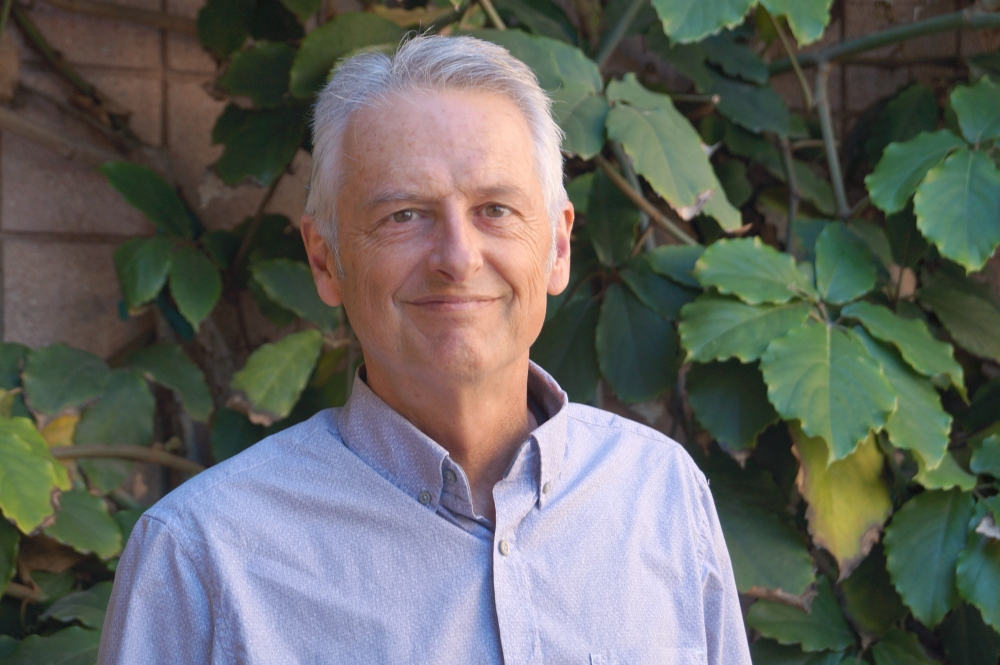The President's Lecture Series


Just Do It: A Neuropsychological Theory of Agency, Cognition, Mood, and Dopamine
Tuesday, September 26
University Center Theatre
7:30 p.m.
ASL interpretation will be provided for this event
Both renowned psychologists, Drs. F. Gregory Ashby and Heidi A. Zetzer will combine their expertise for this President’s Lecture Series event. The author of more than 180 publications and five books, Dr. Ashby is a Distinguished Professor Emeritus from the University of California, Santa Barbara (UCSB) with expertise in cognition, perception and cognitive neuroscience. Dr. Zetzer is a Teaching Professor and Director of the Carol Ackerman Positive Psychology Clinic at UCSB as well as a Fellow of the American Psychological Association. Dr. Zetzer’s areas of scholarship include training and education in professional psychology, multicultural clinical supervision, parallel process in supervision, white privilege, and positive psychology including hope, resilience, gratitude, and meaning in life.
Presentation Abstract:
Agency is the sense that one has control over one's own actions and the consequences of those actions. Despite the critical role that agency plays in the human condition, little is known about its neural basis. A novel theory proposes that increases in agency disinhibit the dopamine system and thereby increase the number of tonically active dopamine neurons. The theory, called ADDS (Agency Disinhibits the Dopamine System), proposes a specific neural network that mediates these effects. ADDS accurately predicts a variety of relevant neuroscience results, and makes many novel predictions, including that increases in agency will 1) improve executive function, 2) facilitate procedural learning, 3) have little or no effect on learning-related effects of stimulus repetition, and 4) amplify the cognitive benefits of positive mood. The implications of this new theory are considered for several purely psychological theories that assign prominent roles to agency, including self-efficacy theory, hope theory, and goal-focused positive psychotherapy.
